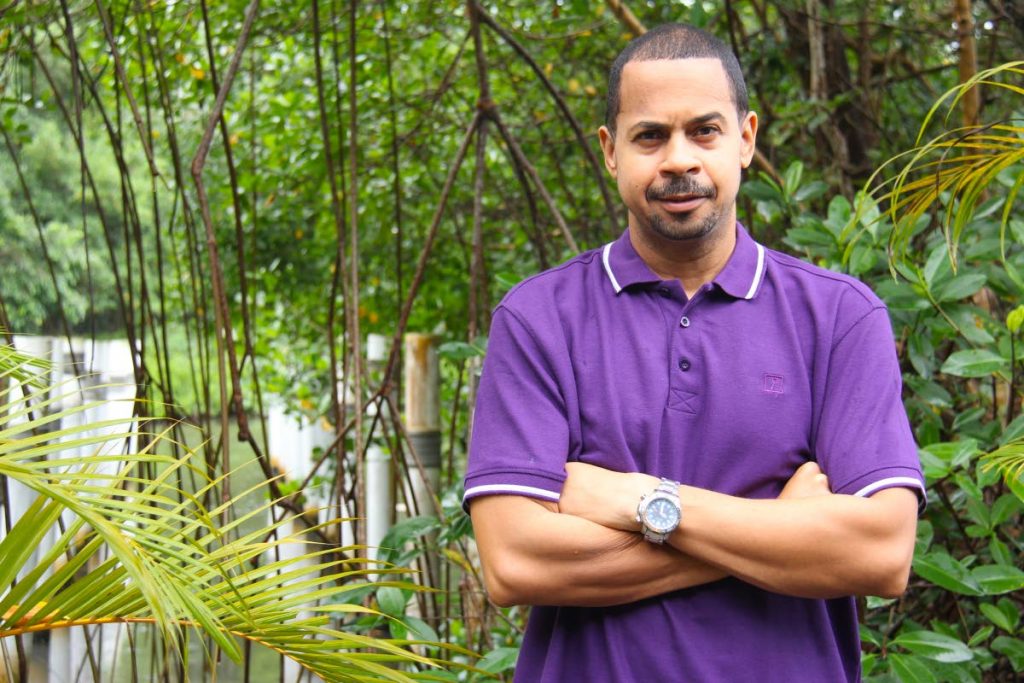Help for the vulnerable

Part 2
THE AFTERSHOCKS of the “discovery” of caged citizens at an Arouca church stirred national outrage. Rather than focus on the acute shortage of resources for families dealing with mental illness, drug addiction, autism and other developmental derailment it’s easier to point the finger somewhere.
Predictably, the Minister of Health stepped forward with a pre-election promise that the St Ann’s Psychiatric Hospital will be decommissioned. In a knee-jerk announcement, the Health Minister said “dealing with mental health is not a knee-jerk reaction to what happened at the Arouca facility.”
In referring to the age of the facility, the minister teased at the planned decentralised healthcare with satellite facilities meant to support the proposed replacement for the St Ann’s hospital.
No timelines were offered for any of these grandiose plans. The only timelines that count are the swiftly approaching polls. There’s the obvious need to make an offering in Parliament that is at least a bit more inspired than bulbs and bonds.
At any rate, this crass electioneering plays like insignificant background music to the real scope of the problem. As was mentioned last week, the challenge is far greater than just mental health. As a nation we are woefully wanting in the care of our vulnerable. Last week I gave an example of our shortcomings in geriatric care. This week I would like to focus on autism.
Unless you have a child with autism, it is difficult to imagine the immense challenge this luck of the draw poses for families. Marriages are torn apart, homes become battle zones and ordinary parents determined to do right by their children are brought to their knees by a condition with no easy answers.
Our understanding of autism in this country is minimal. Children on the spectrum are all just “touched.” Facilities and resources available to families chosen by the genetic lottery to win this most onerous prize are scarce.
You can imagine (or maybe you can’t) the withering distress parents of children taken in by the LIFE Centre in Cascade feel knowing that the NGO has closed its doors, at least for now.
Funding has dried up, teachers have been sent home and 24 children with autism have been scattered to the winds. Many of them have been placed in the care of grandmothers scarcely up to the task of dealing with the peculiarities of spectrum disorders. These children came from mainly lower-income families without the resources to pay for specialised care. I can’t even be sure what the hell that looks like and where it can be had in this country anyway.
Never flush with donor cash to begin with, the LIFE Centre began offering services for children with autism 20 years ago. Republic Bank has always been a friend to the cause and provided the school with a property to get started in Cascade. Still, it cost a whopping half a million dollars to retrofit the property to make it suitable to house children. Additionally, this expenditure was necessary for the centre to become eligible for a grant from the Ministry of Education.
The school and its teachers persevered, buoyed by donations from the oil companies and others.
With the downturn in the economy donations dried up completely. The centre is another victim of dire economic straits which still persist notwithstanding the heady prognosis of a wildly deluded administration.
Families once given hope must now carry this burden on their own. The closure last month is being described as temporary, but in a country that changes little, temporary has a way of becoming permanent.
Still, the LIFE Centre hasn’t throw in the towel just yet. They are fighting tooth and nail to attract donations and to appeal to the kindness of corporate TT, themselves in a bind because of persisting economic stagnation.
The point here is, this school offered hope for just 24 students. Can you imagine how many more are left at home, abandoned to their own devices? Even worse, autistic children and adults are subject to abuse simply because many of them are more than the average person can handle. It isn’t an excuse, just a statement of fact.
The caging of human beings at a facility in Arouca should have been a wake-up call. It is time society starts taking a serious look at the needs of our most vulnerable because how we treat them is a measure of our humanity.

Comments
"Help for the vulnerable"